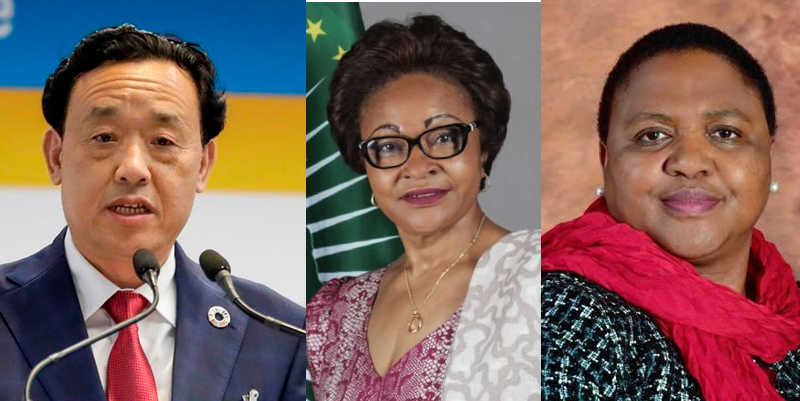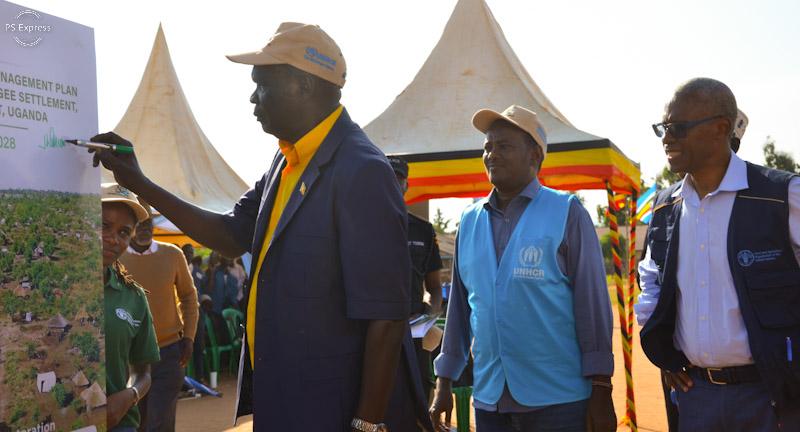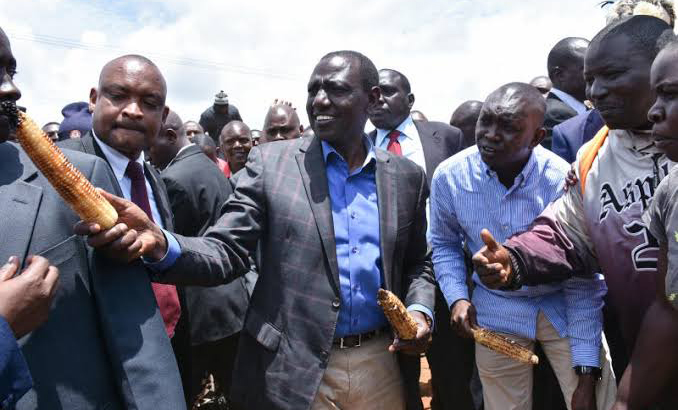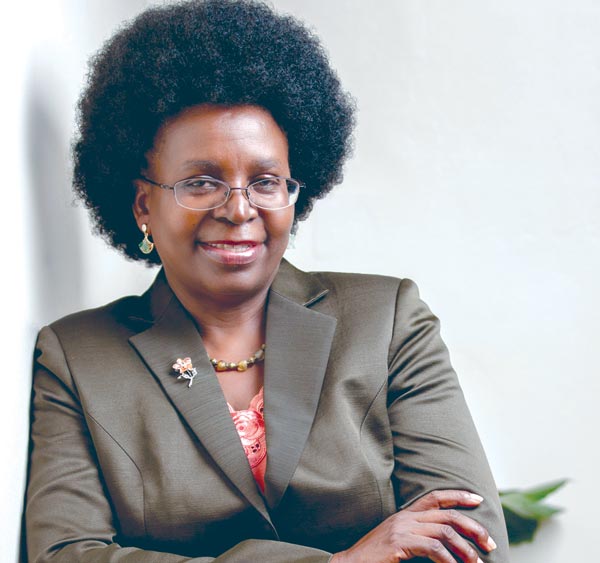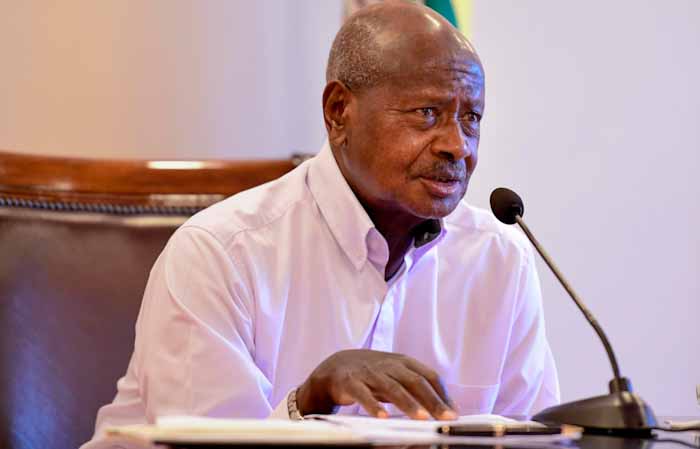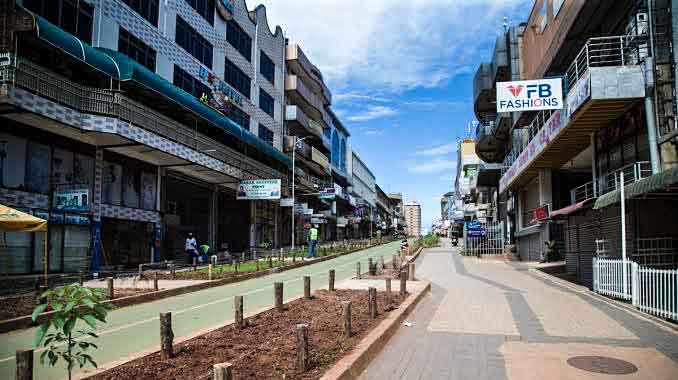By Qu Dongyu, Josefa Sacko and Thokozile Didiza
It takes a village to raise a child, Africans like to say. But you could just as easily argue the opposite: it takes a child to raise a village.
Give a child a school meal. He or she will stay in the classroom and learn. Economic pressure on the family will lessen. Over time, the combined effect of education and good nutrition in young age will ripple through entire communities, fostering healthier, more productive societies. Research sponsored by the African Union suggests that if nations on the continent were free from child malnutrition, they could see their GDP expand by as much as 16 percent.
Conversely, close the school. Take away that school meal. The family will struggle. The child may suffer from wasting. In the long run, economic vitality will dry up. Societies will shrink. The promise of development will wither, unfulfilled.
Like much of the rest of the world, African countries reacted to the COVID-19 crisis by shutting down schools, closing businesses and limiting population movements. Even in rich countries, such measures entail hard choices: in the African context, these are truly agonizing. With high levels of food insecurity; large informal labour forces; fragile health systems; scarce welfare provisions; and little budgetary leeway, African nations – many already battling other crises such as Desert Locusts and drought – risk mortgaging their future as they seek to protect their people.
To avoid irreparable outcomes, Africa’s coronavirus lockdowns need rapid and decisive mitigation. Steps to be taken by governments – with the support of donors, multilateral institutions, NGOs and the private sector – must involve dialling up social protection programmes where they exist and rolling them out where they do not. The need is most acute in the countryside, yet the cities pose the highest risk to social stability: both need urgent attention. Now is the time to hand food or cash directly to households.
It goes without saying that the preservation of life and health takes precedence; but food production and livelihoods must come a close second. This is why agricultural activities must be maintained. Borders should be kept open to food and agricultural commodities: COVID-19 must not be allowed to undo the painstaking progress we have witnessed in recent years towards trade liberalization.
Moreover, no effort should be spared in increasing quantity and improving quality of agricultural products. Producing more and better entails strengthened capacities. All technical assistance required in that context needs to be provided. Shorter supply chains and innovative marketing tools to link producer and consumer through e-commerce are future-oriented approaches that are needed today.
Taking all necessary precautions, seeds and planting materials must continue to flow to smallholders; animal feed and veterinary care to communities reliant on livestock; and aquaculture inputs to fish farmers. Agricultural supply chains should be kept alive by any means compatible with health safety concerns. Crop calendars need to be performed on time, otherwise vital harvests may be lost and planting not feasible, further challenging food availability. By the same token, pastoralists – major contributors to food security in parts of Africa – should retain access to pastures. Emergency strategic food reserves linked to social protection programmes should be monitored and replenished.
To write off this year’s harvests would be catastrophic. Further: if ever there was an opportunity to tackle post-harvest losses by stepping up investment in storage facilities and refrigeration, this is it. Low energy prices, meanwhile, could offer a historic window for mechanization.
Economic forecasts for rich countries suggest GDP could plummet by a third in the second quarter of the year. No nation has the luxury to shrug off such vertiginous slumps. So tight is the margin separating many of Africa’s families from hunger, and so tenuous societies’ defences against disaster, that any failure to act at dawn may result in tragedy by dusk. In this context, African countries should protect, promote and further strengthen interregional trade.
Mindful of the urgency, FAO, AU agriculture ministers and international partners, met virtually in mid-April and vowed to minimize disruption to Africa’s food system even as they work to contain the pandemic. This includes keeping the food and farm trade moving across national frontiers; and providing direct support to African citizens – preferably, wherever possible, in the form of electronic cash or vouchers. The European Union, the World Bank and the African development Bank all pledged billions of US dollars to this effort: this includes both fresh and re-purposed funding, and technical assistance.
Our determination stems from experience. The Ebola epidemic caused a severe drop in food output across the areas where it raged. With COVID-19, that distressing precedent may well be outdone. It is not entirely up to us to guard against such a fate. But what is up to us, we must do.
Qu Dongyu is Director-General of the Food and Agriculture Organization (FAO) of the United Nations.
Josefa Sacko is the African Union Commissioner for Rural Economy and Agriculture
Thokozile Didiza, Minister of Agriculture, Land Reform and Rural Development of South Africa and Chair of the African Union Specialized Technical Committee on Agriculture

